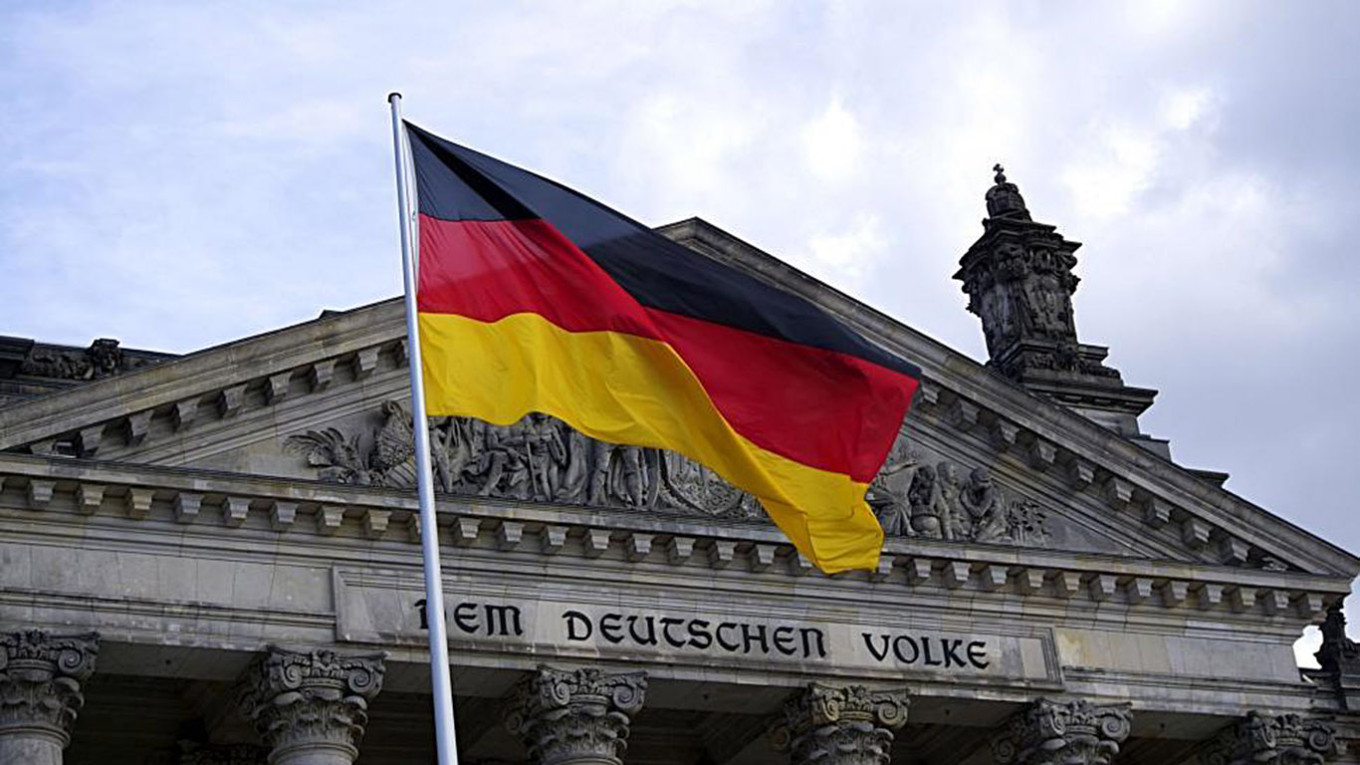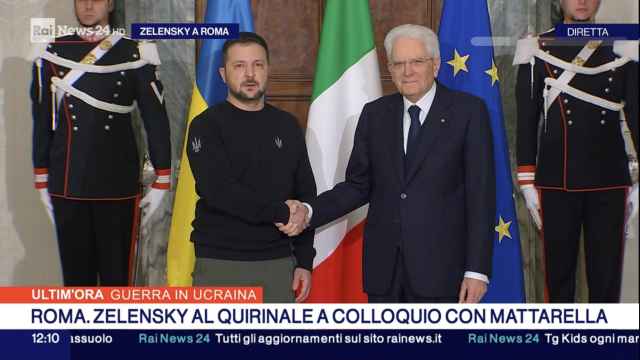Germany has rejected the vast majority of asylum requests submitted by Russian men of draft age since Moscow launched the full-scale invasion of Ukraine, the Berliner Morgenpost reported Tuesday.
Just 349 of the 6,374 Russian men aged 18 to 45 who applied for asylum between early 2022 and April 2025 were granted protection, the paper wrote, citing Interior Ministry data. That includes either refugee status, asylum or protection from deportation.
The remaining 95% were either denied or had their cases closed after receiving asylum in another European country.
“This is a shamefully low number,” said Clara Bünger, a lawmaker from the opposition Left party, which had requested the figures to assess Germany’s support for Russian military deserters.
Germany’s largest immigration advocacy group, Pro Asyl, noted that conscientious objectors and draft-eligible men generally face lower chances of success than those who have already fled military service.
Concerns about declining asylum approvals increased after a Berlin court ruled last August that young Russian conscripts were more likely to be assigned to border guard units than deployed to Ukraine, weakening their claims.
Interior Minister Alexander Dobrindt said last week that the new government under Chancellor Friedrich Merz had instructed border police to turn away undocumented migrants, including asylum seekers.
Former Chancellor Olaf Scholz had supported offering refuge to Russian draft evaders in 2022.
Russian President Vladimir Putin announced a partial mobilization of around 300,000 reservists in September amid a Ukrainian counteroffensive, prompting thousands of draft-eligible men to flee the country to avoid possible military service.
A Message from The Moscow Times:
Dear readers,
We are facing unprecedented challenges. Russia's Prosecutor General's Office has designated The Moscow Times as an "undesirable" organization, criminalizing our work and putting our staff at risk of prosecution. This follows our earlier unjust labeling as a "foreign agent."
These actions are direct attempts to silence independent journalism in Russia. The authorities claim our work "discredits the decisions of the Russian leadership." We see things differently: we strive to provide accurate, unbiased reporting on Russia.
We, the journalists of The Moscow Times, refuse to be silenced. But to continue our work, we need your help.
Your support, no matter how small, makes a world of difference. If you can, please support us monthly starting from just $2. It's quick to set up, and every contribution makes a significant impact.
By supporting The Moscow Times, you're defending open, independent journalism in the face of repression. Thank you for standing with us.
Remind me later.






